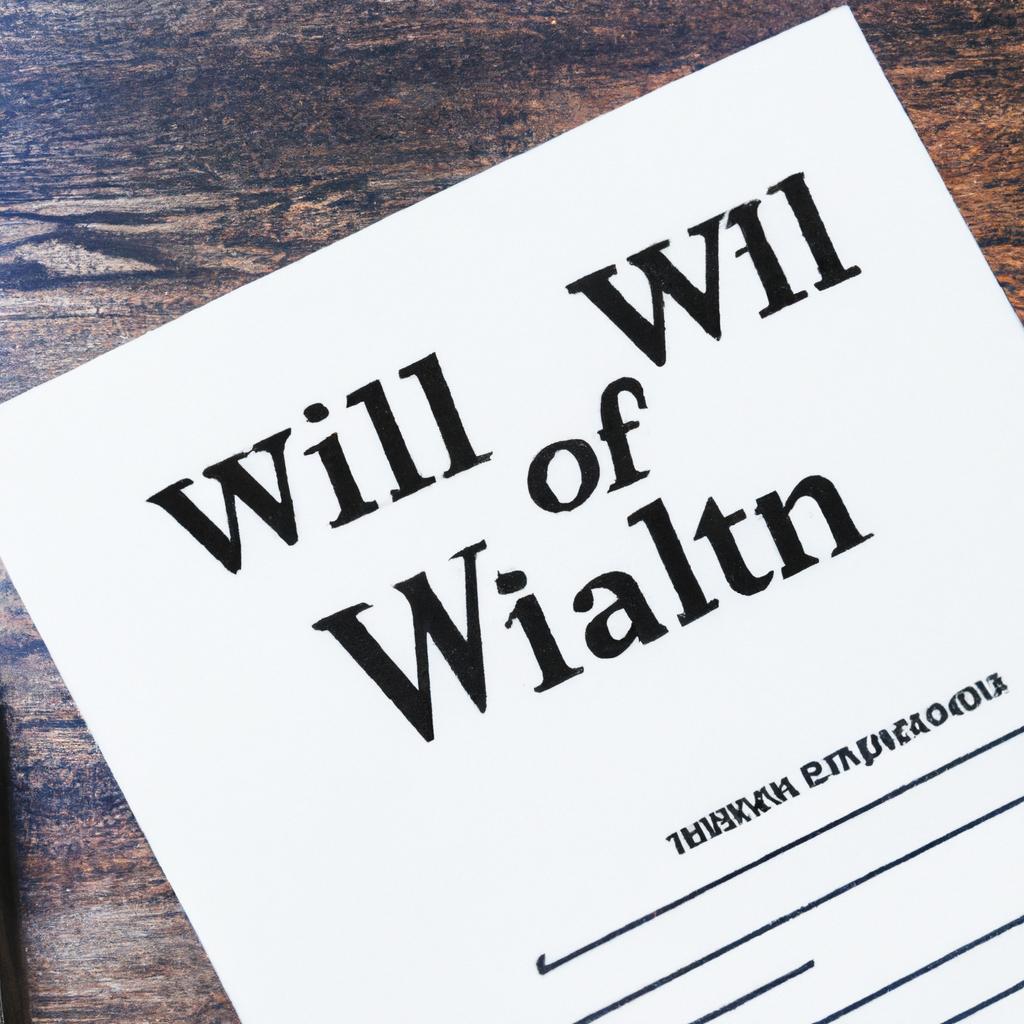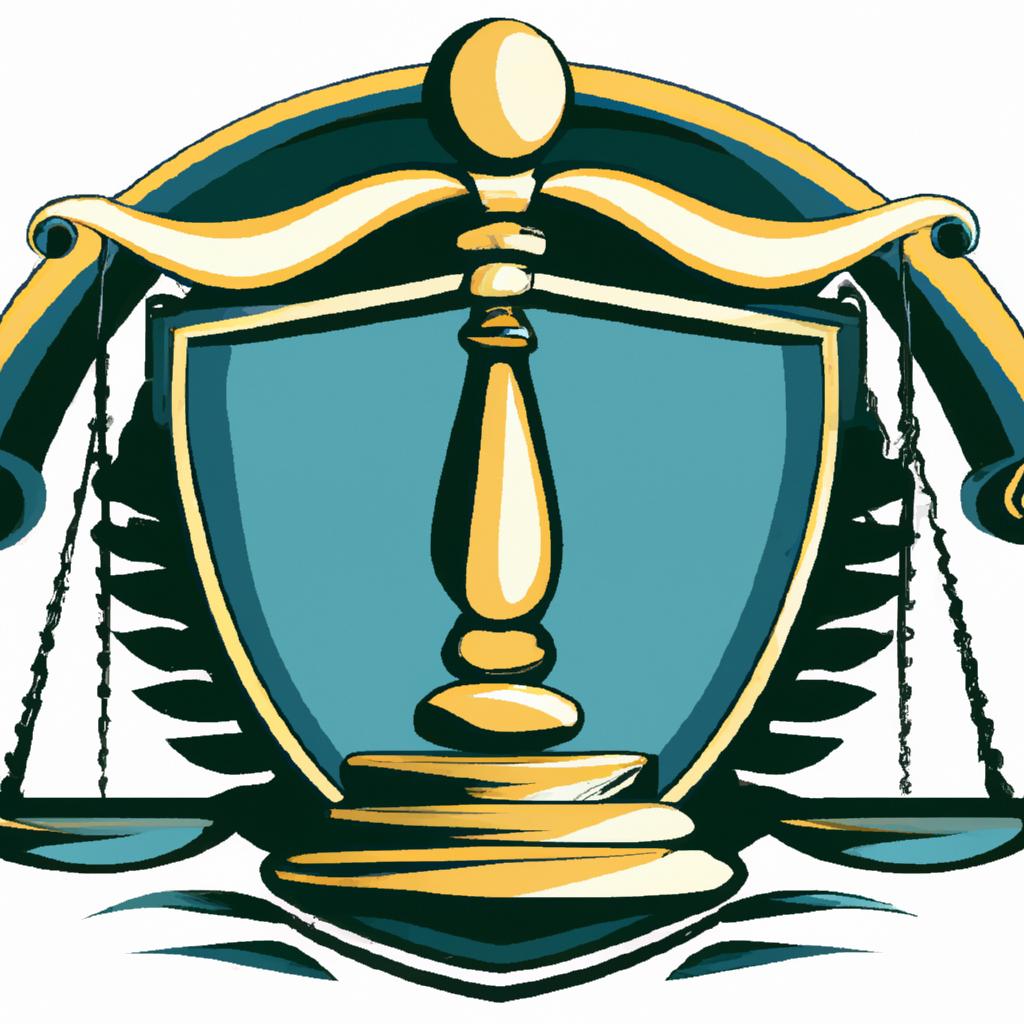In the intricate world of estate planning, the absence of a will can have far-reaching consequences that often catch individuals off-guard. As seasoned attorneys in estate planning, our firm at Morgan Legal Group, located in the heart of New York City, frequently encounters the ramifications of not having a will in place. If you’ve ever wondered what happens if you neglect to establish this crucial legal document, read on to explore the potential outcomes and the importance of prudent planning for the future.
Consequences of Dying Without a Will in New York
In the state of New York, dying without a will can have significant consequences for your estate and loved ones. Without a will in place, your assets will be distributed according to the laws of intestacy, which may not align with your wishes. This can lead to family disputes, delays in distributing assets, and increased costs for the estate. It is important to consult with an experienced estate planning attorney to ensure that your assets are distributed according to your preferences.
Furthermore, dying without a will in New York can also result in the court appointing a guardian for your minor children. This guardian may not be someone you would have chosen yourself, potentially causing disruption and stress for your children during an already difficult time. By creating a will, you can nominate a guardian for your children and ensure that their care and well-being are protected according to your wishes.

Legal Implications for Intestate Estates
When an individual passes away without a will, their estate is considered intestate. This means that the distribution of their assets will be determined by the laws of the state where they resided. In New York, intestate estates are governed by the New York intestacy laws, which outline how assets are to be distributed if there is no will in place. Without a will, the court will appoint an administrator to oversee the distribution of assets according to these laws.
There are several , including:
- Uncertain Distribution: Without a will, the deceased individual’s wishes regarding the distribution of their assets are not known, leading to potential disputes among family members.
- Court Involvement: The probate process for intestate estates can be more complicated and time-consuming, as the court must oversee the distribution of assets according to state laws.

Distribution of Assets According to New York Law
Under New York Law, if an individual passes away without a will, their assets will be distributed according to the laws of intestacy. This means that the state will determine who inherits the deceased individual’s property based on a predetermined hierarchy of relatives. It is important to note that without a will, the deceased individual loses the ability to decide how their assets will be distributed, which can lead to potential disputes among family members.
According to New York Law, if you die without a will, your assets will be distributed in the following manner:
- Spouse and children: If the deceased individual is survived by a spouse and children, the spouse will inherit the first $50,000 of the estate, plus one half of the remaining estate. The children will inherit the other half.
- Parents: If the deceased individual is not survived by a spouse or children, the parents will inherit the entire estate equally.
- Siblings: If the deceased individual is not survived by a spouse, children, or parents, the estate will be divided equally among the siblings.

Importance of Creating a Will to Protect Your Estate
Creating a will is essential to protect your estate and ensure that your assets are distributed according to your wishes after you pass away. Without a will in place, the state will determine how your estate is divided, which may not align with your intentions. This can lead to disputes among family members, delays in the distribution of assets, and potentially higher estate taxes.
By drafting a will, you can appoint an executor to oversee the administration of your estate, designate beneficiaries to inherit specific assets, and even establish trusts to provide for minor children or beneficiaries with special needs. Additionally, a will can help minimize conflicts among family members and provide clarity on how you want your legacy to be preserved. Consult with a knowledgeable estate planning attorney to ensure that your will is legally binding and tailored to your unique circumstances.
Q&A
Q: What happens if I don’t have a will?
A: If you pass away without a will, your assets will be distributed according to the laws of intestacy in your state. This means that the courts will decide how your property and possessions are divided, which may not align with your wishes.
Q: Can anyone contest the distribution of my assets if I don’t have a will?
A: Yes, without a will in place, there may be disputes among family members or other interested parties about how your assets should be divided. This can lead to lengthy legal battles and potentially strain relationships.
Q: Will the government take all my assets if I don’t have a will?
A: In most cases, the government will not take all of your assets if you pass away without a will. Instead, your assets will likely be distributed among your closest living relatives, according to the laws of intestacy.
Q: Can a will prevent family conflicts after I pass away?
A: While a will cannot guarantee that there won’t be any conflicts among your family members, it can help to provide clarity and guidelines for how your assets should be distributed. This can potentially reduce the likelihood of disputes and ensure that your wishes are carried out.
Q: Is it ever too late to create a will?
A: It is never too late to create a will, no matter your age or health status. Having a will in place can provide peace of mind and ensure that your assets are distributed according to your wishes after you pass away.
In Retrospect
In conclusion, having a will is crucial in ensuring that your wishes are carried out after your passing. Without a will, you risk leaving your loved ones in a state of uncertainty and potential conflict. It is never too early to start thinking about estate planning and making sure your assets are distributed according to your wishes. So take the time to create a will and provide peace of mind for yourself and your loved ones. Ultimately, having a will is a small but significant step towards securing your legacy for the future.

